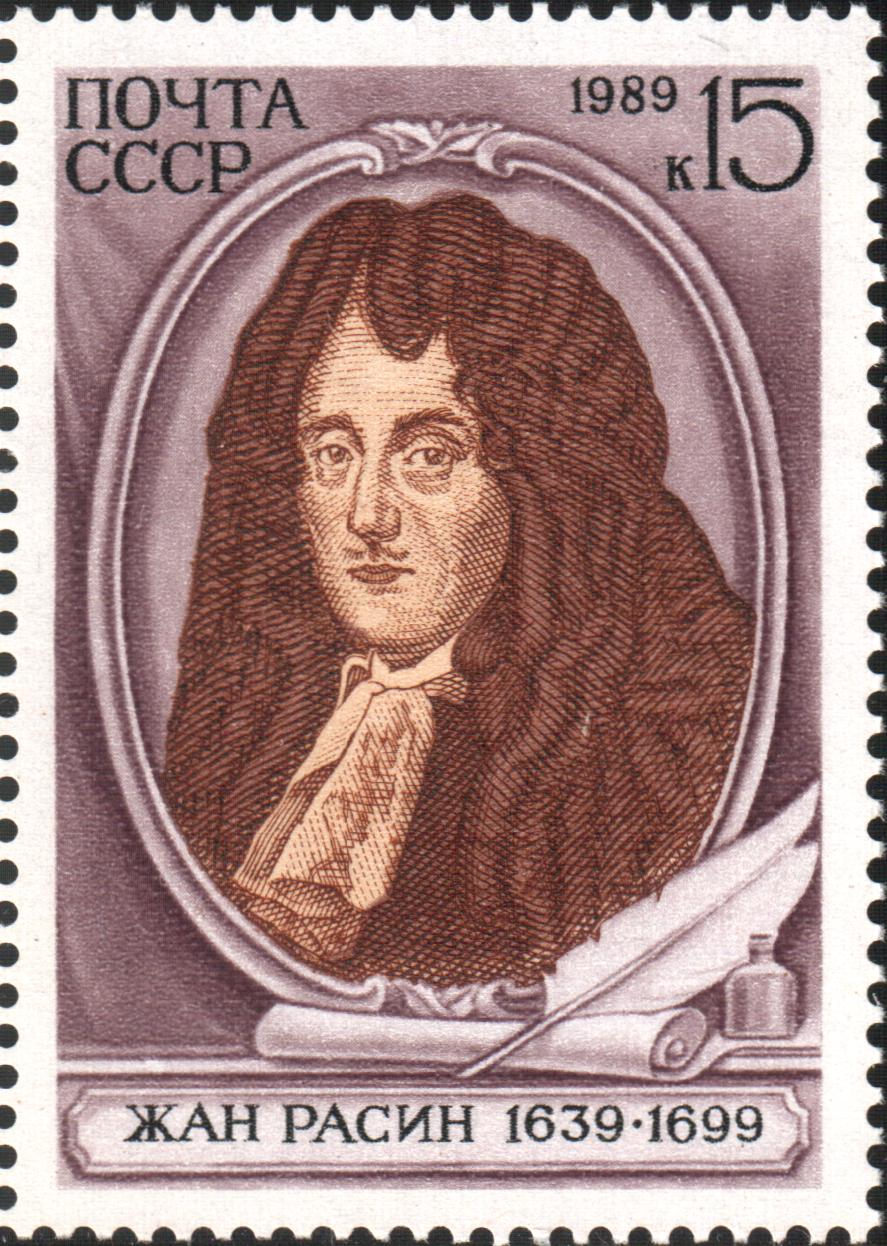A noble heart cannot suspect in others the pettiness and malice that it has never felt.

About Jean Racine
Jean-Baptiste Racine was a French dramatist, one of the three great playwrights of 17th-century France, along with Moliere and Corneille as well as an important literary figure in the Western tradition and world literature. Racine was primarily a tragedian, producing such “examples of neoclassical perfection” as Phedre, Andromaque, and Athalie.
More quotes from Jean Racine
I know the disposition of women: when you will, they won’t; when you won’t, they set their hearts upon you of their own inclination.
French dramatist (1639-1699)
Without money honor is merely a disease.
French dramatist (1639-1699)
I have pushed virtue to outright brutality.
French dramatist (1639-1699)
Thank the Gods! My misery exceeds all my hopes!
French dramatist (1639-1699)
It is a maxim of old that among themselves all things are common to friends.
French dramatist (1639-1699)
Hell, covering all with its gloomy vapors, has cast shadows on even the holiest eyes.
French dramatist (1639-1699)
According as the man is, so must you humour him.
French dramatist (1639-1699)
A noble heart cannot suspect in others the pettiness and malice that it has never felt.
French dramatist (1639-1699)
A tragedy need not have blood and death; it’s enough that it all be filled with that majestic sadness that is the pleasure of tragedy.
French dramatist (1639-1699)
It behooves a prudent person to make trial of everything before arms.
French dramatist (1639-1699)
I have everything, yet have nothing; and although I possess nothing, still of nothing am I in want.
French dramatist (1639-1699)
There is nothing so easy but that it becomes difficult when you do it with reluctance.
French dramatist (1639-1699)
Do not they bring it to pass by knowing that they know nothing at all?
French dramatist (1639-1699)
Is a faith without action a sincere faith?
French dramatist (1639-1699)
Too much virtue can be criminal.
French dramatist (1639-1699)
Love is not a fire to be shut up in a soul. Everything betrays us: voice, silence, eyes; half-covered fires burn all the brighter.
French dramatist (1639-1699)
In fine, nothing is said now that has not been said before.
French dramatist (1639-1699)
On the throne, one has many worries; and remorse is the one that weighs the least.
French dramatist (1639-1699)
Many a time a man cannot be such as he would be, if circumstances do not admit of it.
French dramatist (1639-1699)
I embrace my rival, but only to strangle him.
French dramatist (1639-1699)
How good is God! How sweet his yoke!
French dramatist (1639-1699)
There are no secrets that time does not reveal.
French dramatist (1639-1699)
My death, taking the light from my eyes, gives back to the day the purity which they soiled.
French dramatist (1639-1699)
If I could believe that this was said sincerely, I could put up with anything.
French dramatist (1639-1699)
The glory of my name increases my shame. Less known by mortals, I could better escape their eyes.
French dramatist (1639-1699)
I am a man, and nothing that concerns a man do I deem a matter of indifference to me.
French dramatist (1639-1699)
The principal rule of art is to please and to move. All the other rules were created to achieve this first one.
French dramatist (1639-1699)
The quarrels of lovers are the renewal of love.
French dramatist (1639-1699)
Nothing is so difficult but that it may be found out by seeking.
French dramatist (1639-1699)
Justice in the extreme is often unjust.
French dramatist (1639-1699)